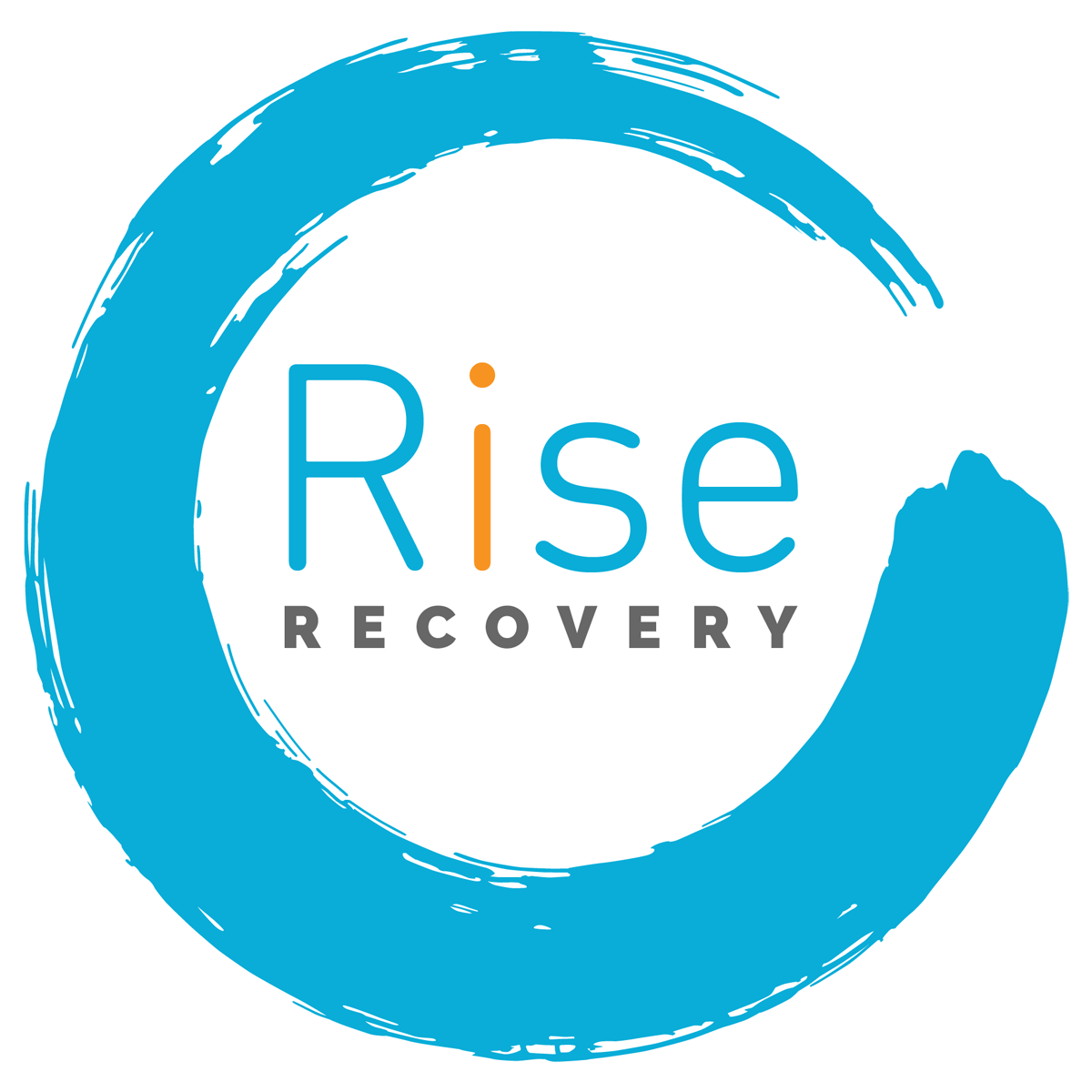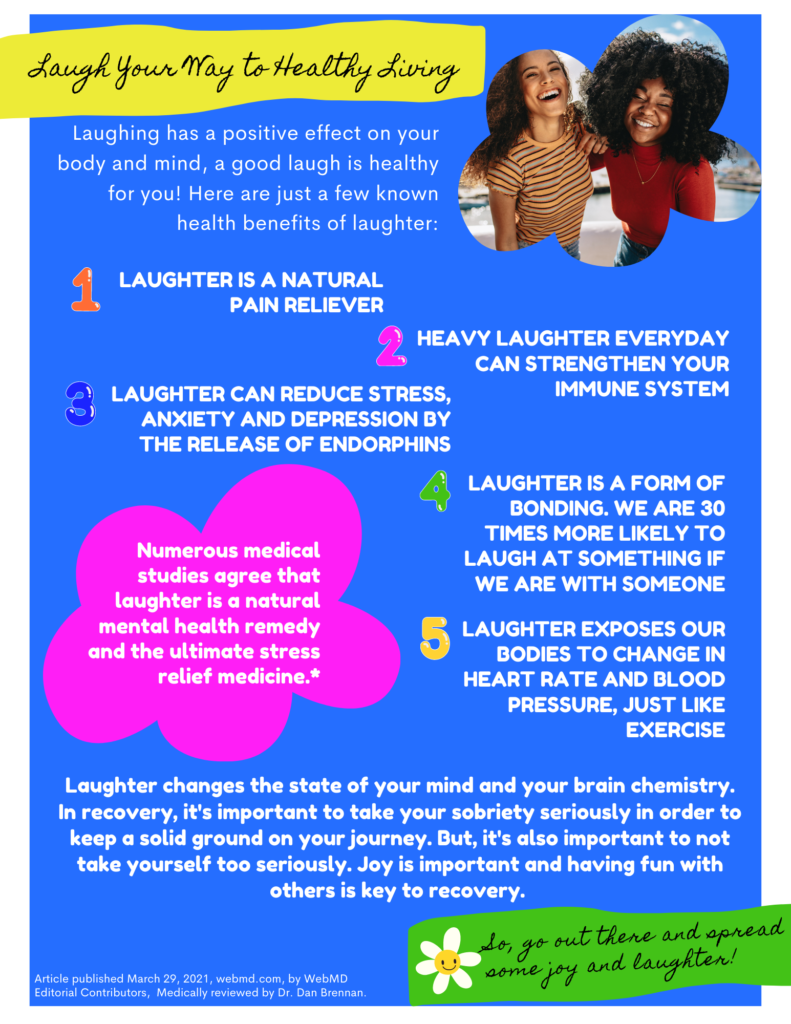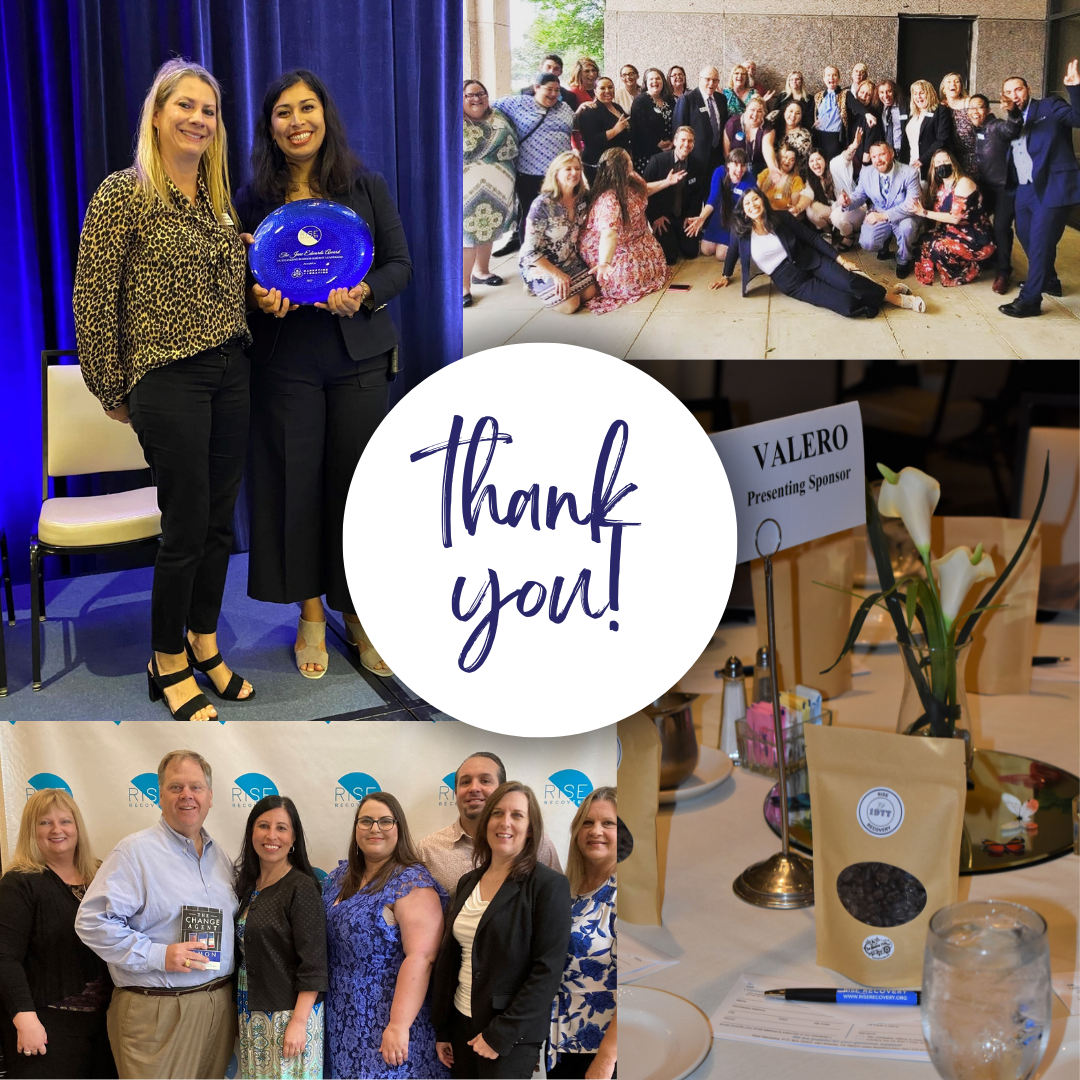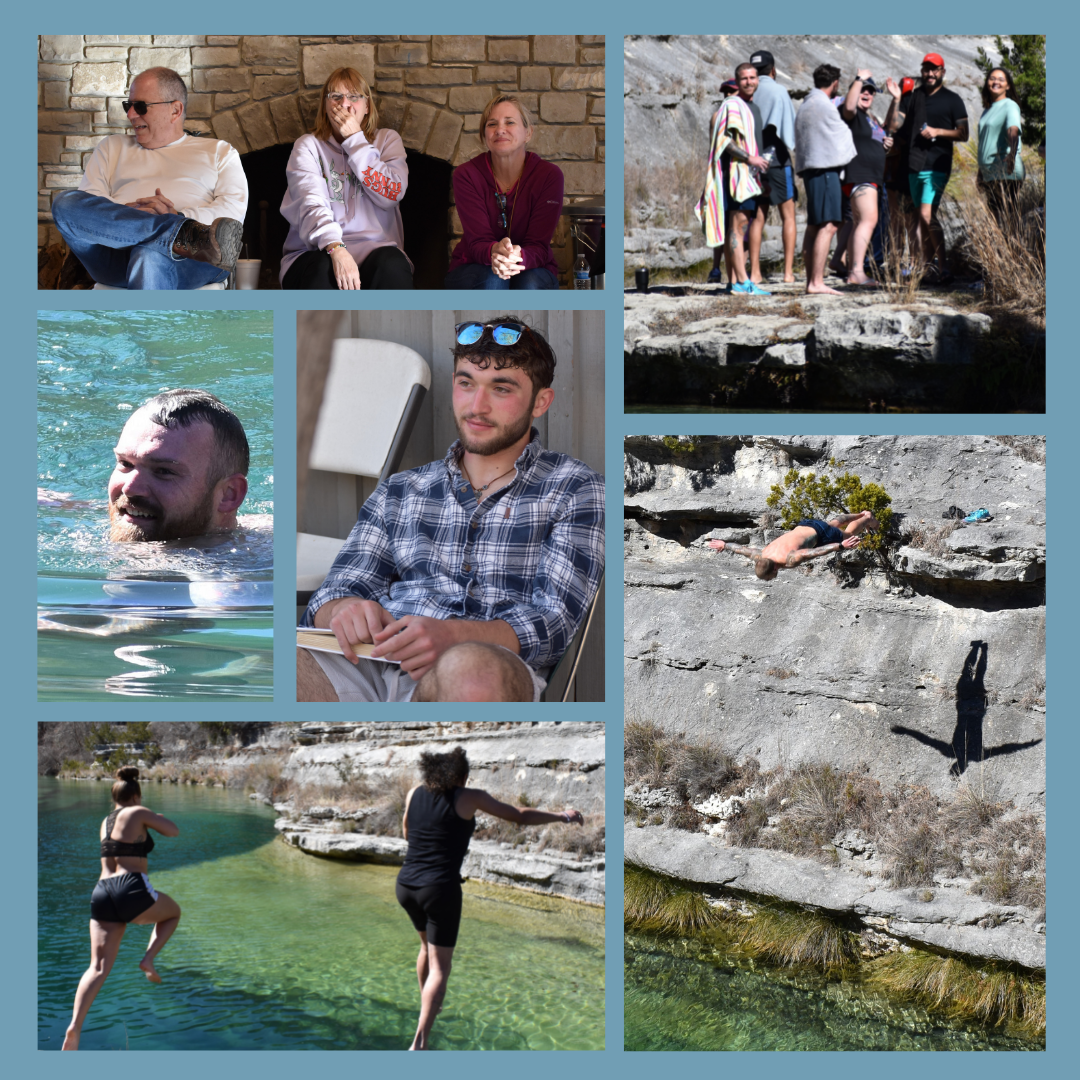Heather’s Story
My name is Heather, and I am 17 years old. I started using drugs at 11 years old with my brother. That’s how it all started. At age 12, I was brought to Rise Recovery by my probation officer. I finally figured out that the people here were for me, not against me. I also learned how to have sober fun. They helped me get into sober living, they taught me life skills, and helped me get a sponsor. Now, I attend Rise Inspire Academy so I can also graduate. I hope to work at Rise Recovery some day. Rise is my family. I used to hate life, now…I LOVE IT!
Trauma: How to talk to your children and support community in times of tragedy.
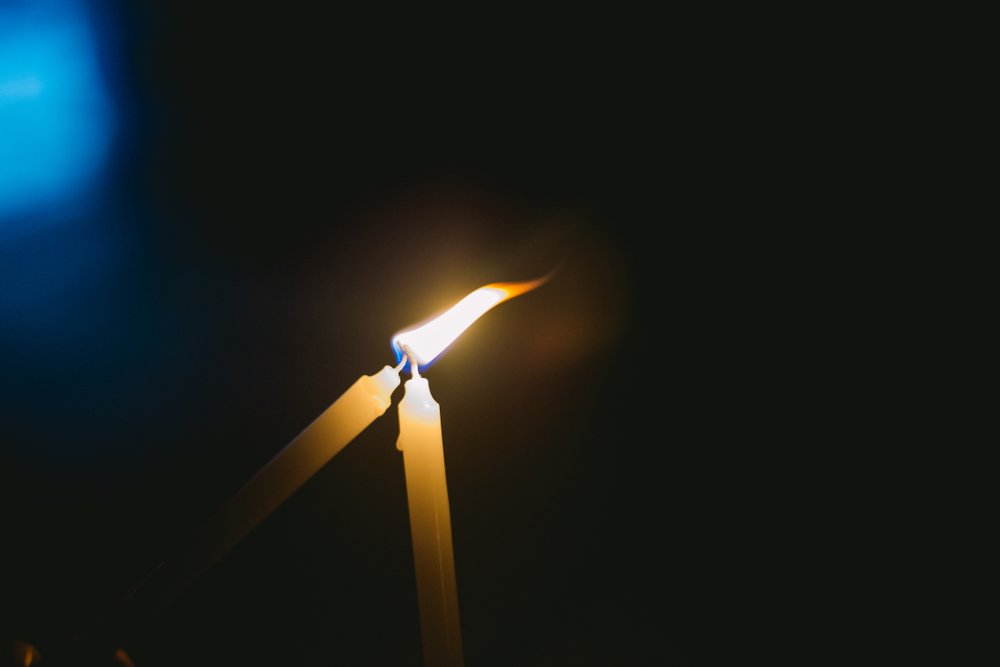

Resources in Response to the Robb Elementary School Shooting
In response to the Robb Elementary School shooting in Uvalde Texas, the National Child Traumatic Stress Network has developed resources to help children, families, educators, and communities navigate what they are seeing and hearing, acknowledge their feelings, and find ways to cope together. These resources include:
Talking to Children about the Shooting
Helping Youth After a Community Trauma: Tips for Educators (En Español)
Talking to Children: When Scary Things Happen (En Español)
Talking to Teens about Violence (En Español)
Tips for Talking to Students about Violence
Coping After Mass Violence: For Adults
For Teens: Coping After Mass Violence(En Español)
Helping School-Age Children with Traumatic Grief: Tips for Caregivers (En Español)
Helping Teens with Traumatic Grief: Tips for Caregivers(En Español)
Helping Young Children with Traumatic Grief: Tips for Caregivers (En Español)
Guiding Adults in Talking to Children about Death and Attending Services
After a Crisis: Helping Young Children Heal
Age-Related Reactions to a Traumatic Event
Once I Was Very Very Scared – children’s book for young children
After the Injury—website for families with injured children
Health Care Toolbox—website for pediatric health providers working with injured children
Pause-Reset-Nourish (PRN) to Promote Wellbeing (En Español) (for responders)
Psychological First Aid
The NCTSN also has resources for responders on Psychological First Aid (PFA; En Español). PFA is an early intervention to support children, adolescents, adults, and families impacted by these types of events. PFA Mobile and the PFA Wallet Card (En Español) provide a quick reminder of the core actions. The PFA online training course is also available on the NCTSN Learning Center.
Additional PFA resources for schools include:
Psychological First Aid for Schools (PFA-S) – Field operations guide
Providing PFA-S: For Health-Related Professionals – handout
Providing PFA-S: For Principals and Administrators – handout
Providing PFA-S: For School Support Staff – handout
Providing PFA-S: For Teachers – handout
From the National Mass Violence and Victimization Resource Center
Transcend (mobile app to assist with recovery after mass violence)
Rebuild your Community: Resources for Community Leaders
Media Guidelines for Homicide Family Survivors
Timeline of Activities to Promote Mental Health Recovery
Self-Help: Resources for Survivors
E-learning Courses: Trainings for Clinicians
Resources for Victim Assistance Professionals
From the Center for the Study of Traumatic Stress at the Uniformed Services University
Grief Leadership: Leadership in the Wake of Tragedy
Leadership Communication: Anticipating and Responding to Stressful Events
Coping with Stress Following a Mass Shooting
Disaster Helpline
SAMHSA has a Disaster Distress Helpline – call or text 1-800-985-5990 (for Spanish, press “2”) to be connected to a trained counselor 24/7/365.
Recovery Helpline
Is your recovery in danger today? If personal trauma or community tragedy is affecting your sobriety, you are not alone. Call our 24/7 Recovery Helpline: 210-SAY-CARE (729-2273) or email info@riserecovery.org.
I remember the first time I tried alcohol. I wanted to play grown up. I was nine years old…
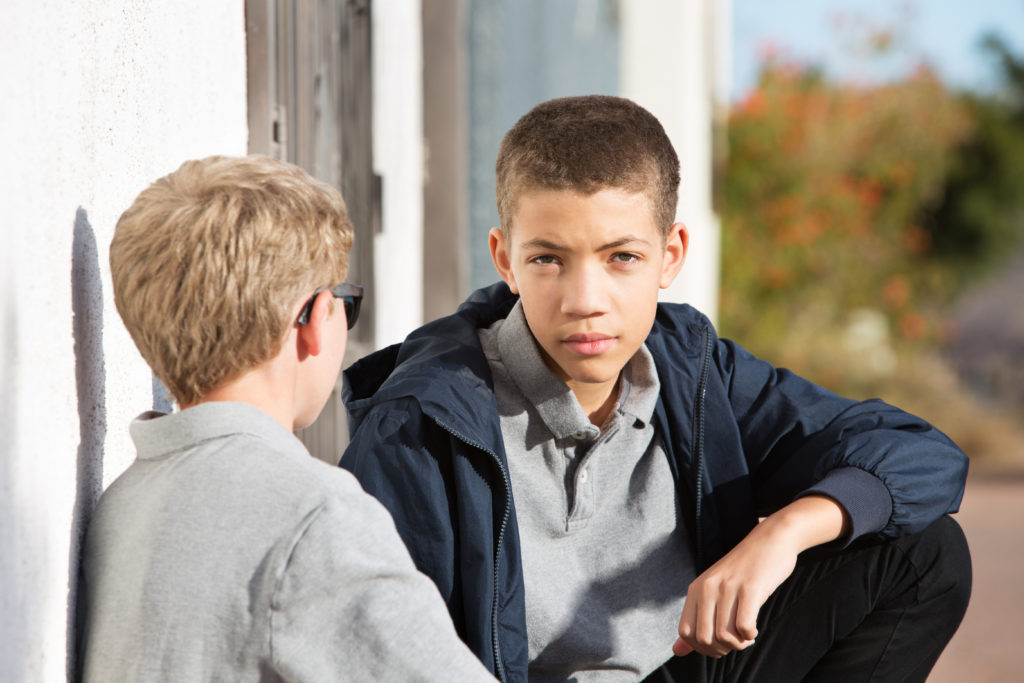
I remember drinking alcohol the very first time. Me and my cousin stole some beer from our parents and we drank it. We didn’t know what we were doing, we just wanted to see what it was all about and to play grown up. I remember getting an uncomfortable feeling in my stomach and head. That incident happened New Years Eve when I was nine years old. The next day, I learned what it felt like to have a hangover.
I didn’t drink again until I was about 12 years old. It was springtime, a friend and I were just hanging out together one evening and I am not even sure how the subject came up but we decided we wanted to drink so we got a bottle of wine. We drank the whole bottle. My friend got sick but I had a completely different experience; I was feeling wonderful. All of my worries and cares vanished with every drop. The next day, I didn’t even have a hangover. I remember thinking to myself that I wanted to do it again.
Fast forward to when I was sixteen, I started using alcohol weekly, seeking that carefree feeling that I couldn’t find elsewhere. I was slowly learning to alter my mood with alcohol. I was determined to make this a normal occurrence and as often as possible, always on the weekend and then seeking it also during the week.
By the time I reached 18 years old, I was drinking almost daily. I didn’t realize it at the time but I needed alcohol in order to cope with school, work, relationships…everything. My drinking became my only source of fun and happiness, or so I thought.
One night at a party, everyone was leaving, I wanted the party to go on into the night, I didn’t want to stop. At this point, I could drink excessive amounts of alcohol, yet felt less effect. I had to consume more and more to reach that state of euphoria. Looking back, that was the first of many warning signs that using mind-altering substances was different for me in comparison with others.
I continued drinking and around my early-20’s, I began trying to cut back. I would try to limit the amount of alcohol or limit how many days of the week I would allow myself to drink. I would start out with honest intentions but I always returned to drinking, more and more as time went by, and with regular frequency. This went on for several years, then a friend introduced me to the Palmer Drug Abuse Program (PDAP, now called Rise Recovery).
At first I was skeptical, but I held on due to the optimism, love and understanding that welcomed me at every group meeting, every weekly get together. Surrounding myself with a group of peers who had previously struggled with substance use themselves and now were on their own path to recovery, showed me that life without the ball and chain of substance use is true freedom. I finally found my road to recovery, living a new way by finding authentic happiness in me and those I chose to surround myself with, who understood and respected me. Today, I am 32 years sober. – Signed, a PDAP’er.
YES! Empowering Youth to Talk About Mental Health Issues and Embrace Sobriety
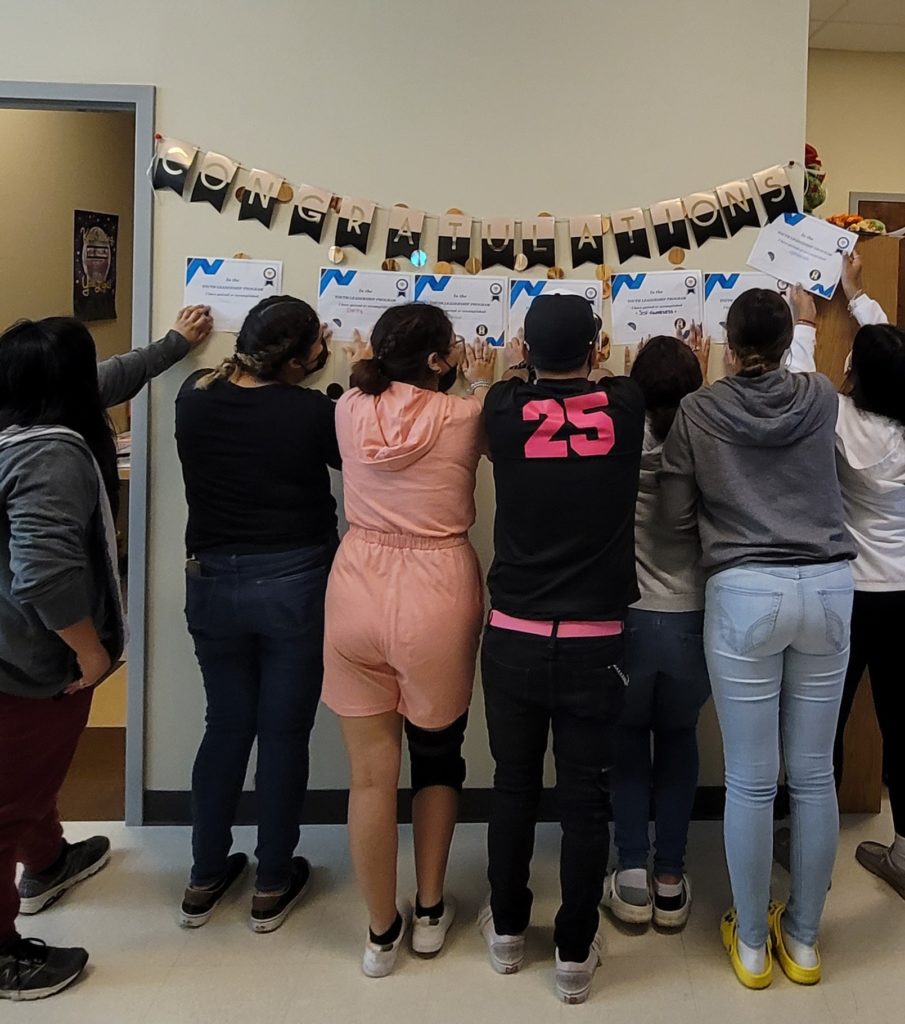
Our Youth Leadership students from Harlandale ISD just celebrated their completion of our leadership program! Now they will share the information they have learned with their peers, educating other youth on mental health and substance use prevention. Goal: BREAK THE STIGMA!
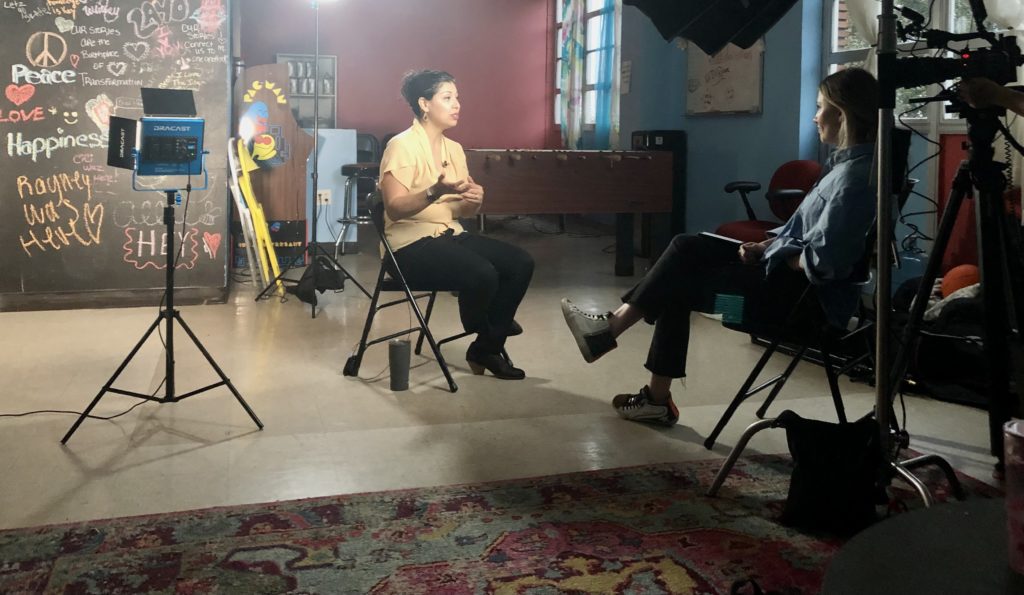
Evita Morin, CEO of Rise Recovery, sits down with Lindsey Koehl to share the hope in recovery and our efforts to educate our community and beyond about healthy, effective ways to tackle mental health issues like substance use. Watch The Upswing Fund’s Partner Showcase featuring Rise Recovery CEO, Evita Morin to learn more about our efforts: WATCH NOW



